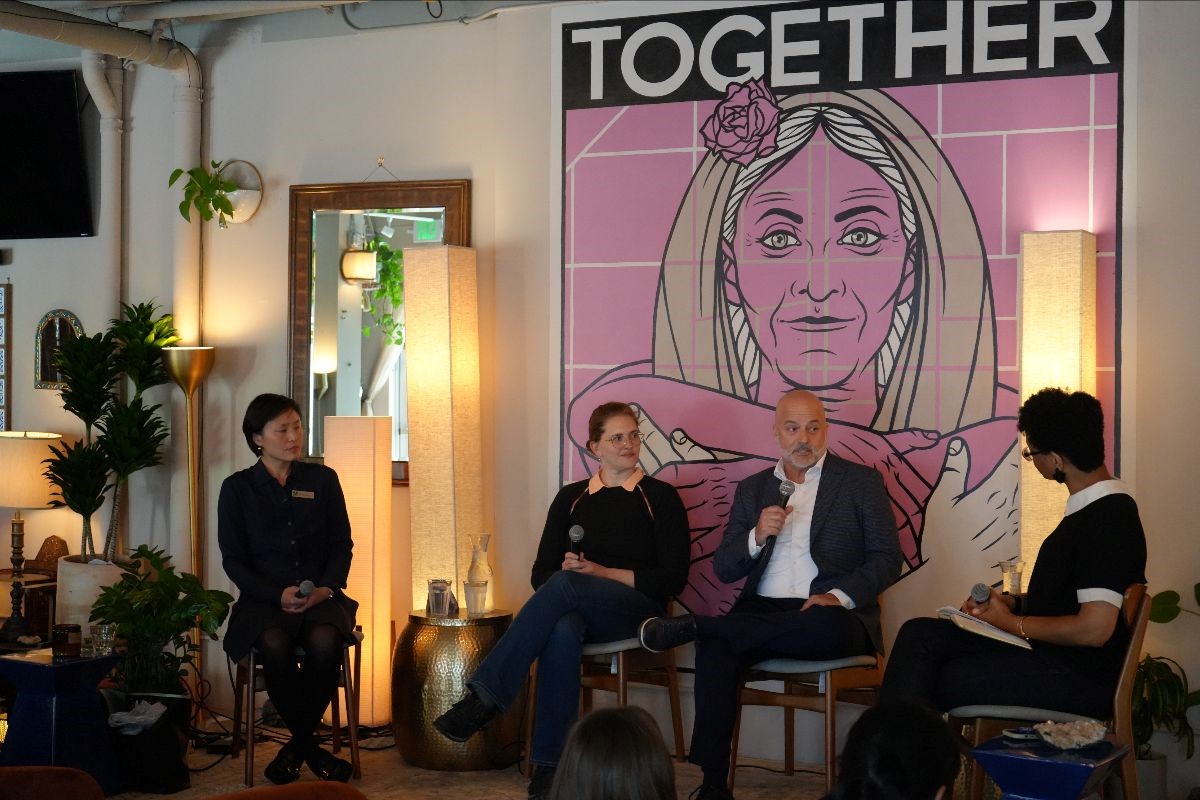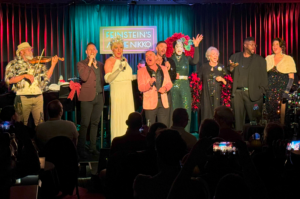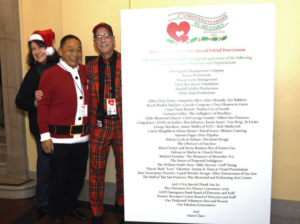Mental Healthcare is Changing in California. Join Us in Changing it for the Better!

Mental health. Substance use. Homelessness. Solutions. Investment.
These words typify our experience as San Franciscans, Californians, as Americans. But how often to we push beyond the buzzwords and have meaningful dialogue about the real issues affecting our communities? When was the last time we heard from an expert about the work on the ground and solutions that are achievable for everyday people?
We’re grateful to Manny’s for providing a platform for this kind of community-based dialogue last month, joining the California Association of Social Rehabilitation Agencies for an important conversation on the changing nature of our state’s behavioral health system. Together, we unpacked recent legislation affecting organizations like PRC and talked through the many reasons to be hopeful in the face of frustration.
“This is an incredibly dynamic moment for Behavioral Health in San Francisco, and it will require the collective effort of our entire community to explore innovative solutions for the systemic changes we aspire to see. While our primary focus is serving our clients, we understand that we cannot do this in isolation. We are committed to serving our clients alongside community members, recognizing that social rehabilitation thrives within the context of community.” – Chuan Teng, PRC Chief Executive Officer
Here are the most important takeaways you need to know:
- There’s more energy and political will around behavioral health in halls of power across California than ever before. Just last year, there were more than 300 behavioral health bills introduced, shattering levels from previous legislative sessions. That enthusiasm for solutions is in and of itself, a good thing.
- It’s important to keep conversations around public health and criminality separate. Unfortunately, we’re seeing these conversations conflated. People who use drugs aren’t universally experiencing homelessness. People without homes aren’t universally using drugs or living with mental illness. We should reject language that says otherwise. We need to prioritize getting people into treatment because it’s proven to work.
- Ensuring that everyone has the behavioral healthcare they deserve isn’t the responsibility of the government or one stakeholder. It will take all of us, government leaders, public and private health sector, nonprofits and philanthropy, and the community, working together to get more people housed and more people in treatment.


Manny’s, located in the Mission, is a space where the community comes together to take part in civic and political life. Manny’s is a town hall, a village square, the place where anyone can meet and engage with civic leaders, elected officials, artists, activists, changemakers, and each other.



